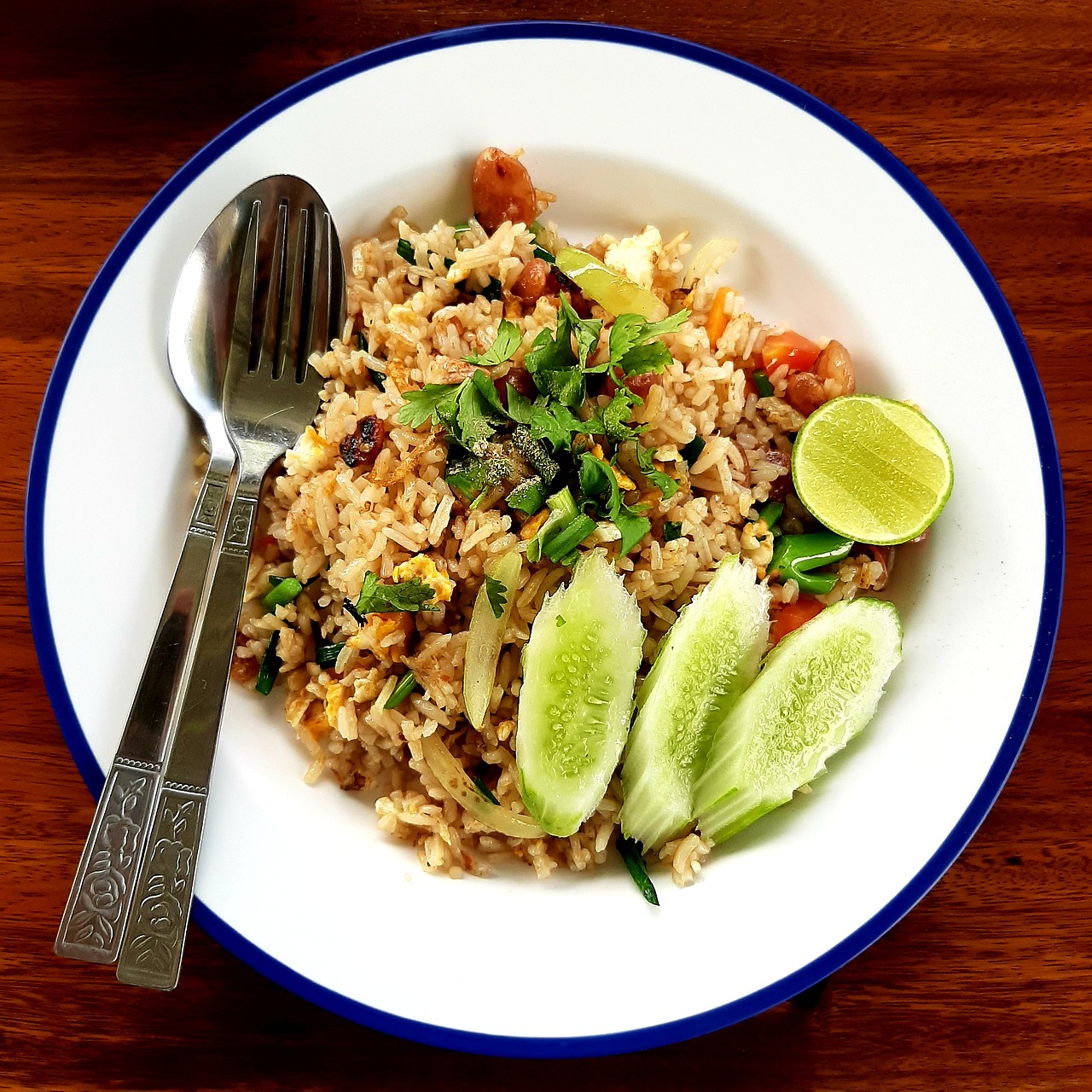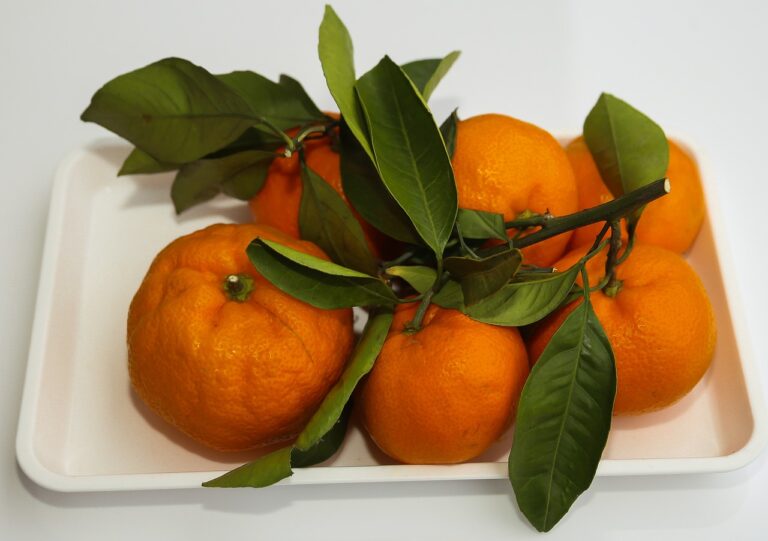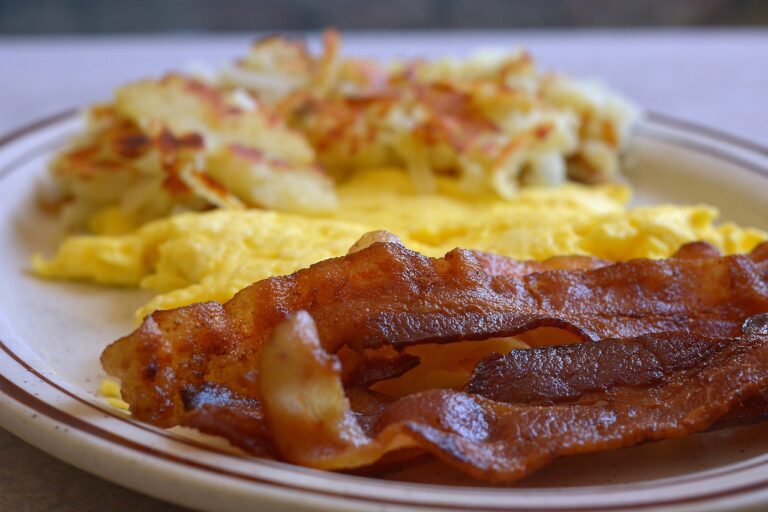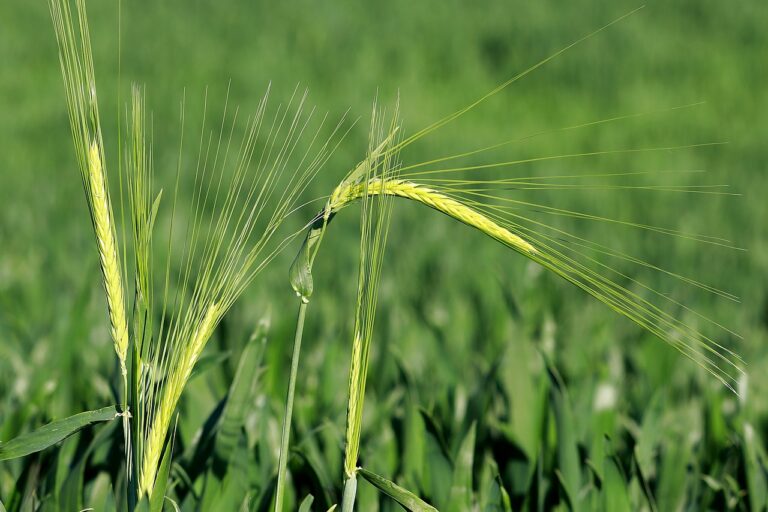The Evolution of Grain-Inclusive Diets in Response to DCM Concerns: Tigerexch, Golden77.com, Sky 99 exch
tigerexch, golden77.com, sky 99 exch: The Evolution of Grain-Inclusive Diets in Response to DCM Concerns
In recent years, there has been growing concern surrounding the link between certain types of dog food and dilated cardiomyopathy (DCM). DCM is a serious heart condition that can lead to cardiovascular issues and even death in dogs. As a result, many pet owners and veterinarians have been reevaluating the ingredients in their dog’s food, particularly the use of grains.
Grain-free diets became increasingly popular in response to the rise of food sensitivities and allergies in dogs. Many pet owners believed that grains were the cause of these issues and opted for grain-free options instead. However, the FDA has recently linked grain-free diets to a higher incidence of DCM in certain breeds of dogs, leading to a shift in the pet food industry.
As a result of these concerns, there has been a resurgence in the popularity of grain-inclusive diets for dogs. Pet food manufacturers are now reevaluating their recipes to include a balance of grains, protein sources, and other essential nutrients to provide a more complete and well-rounded diet for dogs. This evolution in pet food formulation is aimed at addressing the potential risks associated with grain-free diets while still providing dogs with a nutritionally balanced meal.
One of the main reasons for the shift back to grain-inclusive diets is the recognition that grains can provide important nutrients for dogs, including fiber, vitamins, and minerals. Grains such as rice, oats, and barley are natural sources of carbohydrates that can help provide sustained energy and support overall health. By including these grains in dog food recipes, pet food manufacturers are able to offer a more holistic approach to canine nutrition.
Additionally, the use of grains in dog food can help lower the overall cost of the product, making it more accessible to pet owners. Grain-inclusive diets tend to be more affordable than grain-free options, making them a practical choice for many dog owners looking to provide their pets with high-quality nutrition without breaking the bank.
While grain-inclusive diets have seen a resurgence in popularity, it is important for pet owners to do their research and consult with their veterinarian before making any changes to their dog’s diet. Every dog is unique, and what works well for one may not work for another. It is essential to consider factors such as breed, age, size, and any underlying health conditions when selecting the right food for your furry friend.
In conclusion, the evolution of grain-inclusive diets in response to DCM concerns highlights the importance of ongoing research and development in the pet food industry. By incorporating a variety of ingredients, including grains, pet food manufacturers can offer a more balanced and nutritious diet for dogs. As pet owners, it is crucial to stay informed and make informed decisions about what we feed our beloved pets to ensure their health and well-being for years to come.
FAQs
Q: Are grain-inclusive diets suitable for all dogs?
A: While grain-inclusive diets can be a good option for many dogs, some may have allergies or sensitivities to specific grains. It is essential to consult with your veterinarian to determine the best diet for your dog.
Q: How can I tell if my dog has a grain allergy?
A: Signs of a grain allergy in dogs can include itching, gastrointestinal upset, and skin issues. If you suspect your dog has a grain allergy, consult with your veterinarian to determine the best course of action.
Q: Are grain-inclusive diets better than grain-free diets?
A: There is no one-size-fits-all answer to this question. Both grain-inclusive and grain-free diets can be suitable for dogs, depending on their individual needs and sensitivities. It is essential to choose a diet that meets your dog’s nutritional requirements and suits their unique dietary needs.







